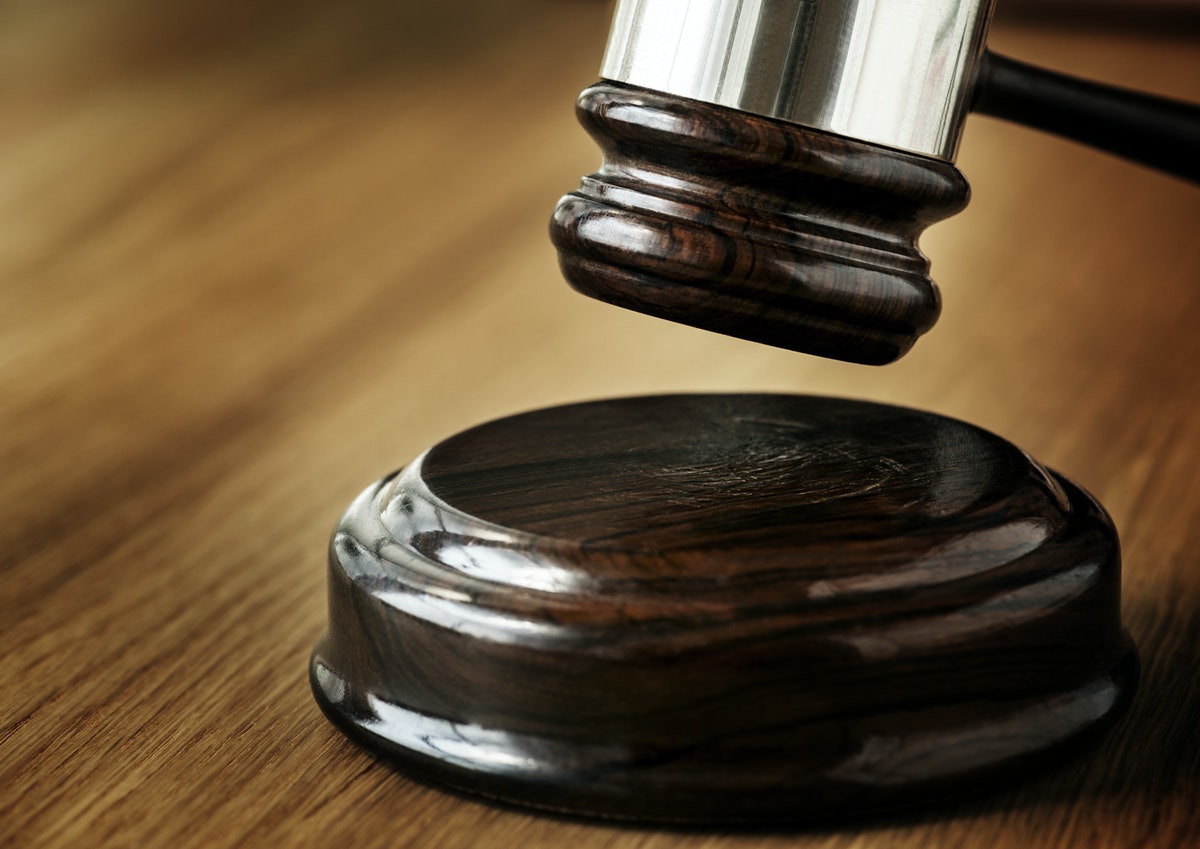Punishment Articles
Recent
Popular
Punishment is implementing a consequence that is unpleasant or painful to one person, or a group of people. Someone in authority usually imposes it. In the case of a child being punished, that authority figure is usually the caregiver. In a group of people, it could be a governmental organization like the prison system. The goal of punishment is to enforce discipline on a person or group of people. Some disciplines are in response to an action that was against a set of rules, while other punishments are imposed with no reason at all. Here you will find articles about different types and instances of punishment, whether they relate to children, adults or groups of individuals. You will also learn about the psychology behind punishment and why people punish others.
More Punishment articles
Explore more on Punishment
Medically reviewed by April Justice, LICSW
Please be advised, the below article might mention trauma-related topics that include abuse which could be triggering to the reader. If you or someone you love is experiencing abuse, contact the Domestic Violence Hotline at 1-800-799-SAFE (7233). Support is available 24/7. Please also see our Get Help Now page for more immediate resources.
According to the Merriam-Webster Dictionary, punishment normally refers to “suffering, pain, or loss that serves as retribution.” When people are punished, they are generally given a set of negative consequences determined by an authority figure. These consequences can make a person’s behavior undesirable so that they won’t continue to engage in the behavior in the future. Punishment can involve physical, emotional, or financial repercussions. While many punishments are imposed by one person onto another, they can also be self-inflicted, which may involve self-harm or other damaging behaviors. If you’re struggling with self-punishment, having trouble disciplining your children, or experiencing abuse, reaching out to an online or in-person therapist can be helpful.
If you or a loved one is witnessing or experiencing any form of abuse, please know that help is available. You can call the National Domestic Violence Hotline anytime at 1-800-799-SAFE (7233).

Punishment vs. discipline
While punishment is usually focused on instilling the fear of breaking the rules, discipline normally aims to correct unwanted behaviors and teach individuals to make wiser choices in the future. Discipline tends to be a more positive method of correction than punishment.
Further, people who are disciplined rather than punished tend to be more likely to learn from their mistakes and choose healthier behaviors over a longer span of time.
The role of punishment
The objective of punishment in our society is typically to establish a sense of justice and fairness by ensuring that people abide by the rules and don’t harm others. Punishment, when it’s fair, can work as a tactic to make sure that people align themselves with the rest of society. If they don’t, they may face the consequences of the judicial system.
If you break the law by committing a crime, you may even serve time in prison. However, the prison system doesn’t necessarily teach people to obey rules. Instead, it may create a cycle of re-imprisonment for some individuals.
Why do people commit crimes?
People may commit crimes for a variety of reasons. Sometimes, an individual’s environment can be the influence behind a crime. They might be surrounded by other people who are committing crimes and face peer pressure to do the same. People might be desperate to find a sense of belonging, and the group that accepts them may be one that collectively engages in criminal activity.
Other times, people may try to succeed and find that they’re unable to make ends meet, so they may turn to criminal activity due to poverty and desperation. When people are in a position of poverty, they’re often exposed to criminal acts that may allow them to survive financially. Different forms of inequality can be responsible for people committing crimes. Other reasons for crime may include social and emotional factors like revenge, jealousy, anger, or greed.
Corporal punishment
Some forms of punishment can be more severe than others, such as those involving physical violence. Corporal punishment generally refers to any type of physical punishment intended to cause pain. It's often practiced on children and can include spanking, hitting, or other physical methods.
In some states, schoolteachers may be allowed to use physical force to correct children misbehaving in the classroom. However, this practice has been eliminated in most states and school systems.
Corporal punishment has also been used on adults in the prison system and those kept as slaves. If corporal punishment goes too far, it can become abuse. In the United States, child abuse is illegal. Parents who physically harm their children can be subject to legal repercussions. The same normally goes for adults who use physical force against one another.

Religious punishment
Historically, some people have punished themselves in the name of their religion. These individuals were usually devout and believed that punishment could illustrate their dedication to religious practices. Although they may have been hurting themselves and others, they were typically convinced that their self-sacrifice proved their purification and commitment.
Flagellation can be defined as a devotional practice in which people beat themselves with whips to cleanse themselves and become purified. Some people may understand it as driving away evil spirits from their bodies. In the past, floggings and other kinds of self-mutilation tended to be more common.
In prehistoric times, people didn’t always view these punishments as being cruel but as a dedication to serving a higher power. Some of the punishments could be doled out to others, while others were self-inflicted. They tended to be harsh and unforgiving.
Today, these practices tend to be far less common, but they may still exist in some religions and societies.
Punishment can be dangerous
There are times when punishment can be dangerous or violent. If you feel that you’re being mistreated, it can be important to speak up. Authority figures might impose abusive punishments, but you don’t have to tolerate being unfairly punished in the workplace, in an academic environment, or even in your own home.
Just because someone has power doesn’t give them the right to hurt you. If you feel that you’re the target of unfair punishment or think you may be in an abusive relationship, it can be crucial to reach out for help. Waiting could cause the situation to escalate and put you in harm's way, making it imperative to get immediate support.

Therapy for abusive situations
Normal discipline typically isn’t cause for concern, but situations in which punishment is used to abuse or intimidate another person can be problematic. If you’re facing any form of abuse, violence, or atypical punishment, getting help can be crucial to your well-being.
Benefits of online therapy
You may have difficulty attending therapy if someone keeps an eye on your whereabouts. With online therapy platforms like BetterHelp, you can discreetly receive support from a therapist using phone calls, video conferences, or online chat. This can make it easier and safer to get the assistance you deserve. BetterHelp’s therapists are generally trained to offer resources and support to survivors of abuse and can be there for you as you decide on your next steps.
Effectiveness of online therapy
Some types of punishment can border on or be considered abuse. Researchers have set out to assess whether online therapy could benefit individuals exposed to different forms of abuse, such as intimate partner violence. In a study exploring the efficacy of an internet-delivered cognitive-behavioral therapy intervention for survivors of intimate partner violence, researchers found that participants typically experienced considerable reductions in PTSD, depression, and anxiety and improvements in quality of life. These outcomes can demonstrate the potential of online interventions to address abuse and violence.
Takeaway
For most people, punishment has been a natural part of life since they were young. The right form of punishment can teach right from wrong and inspire people to grow and change for the better. While many individuals may be familiar with various concepts of discipline, not every type of punishment may be healthy or acceptable. Regardless of the life stage you’re in, you deserve to be treated with dignity and respect. Whether you’re grappling with how to punish someone else, like a child or a criminal, or are coping with the reality of being punished yourself, it could be beneficial to connect with a licensed mental health professional for support. You can also learn more about the topic of punishment in this section of the website.